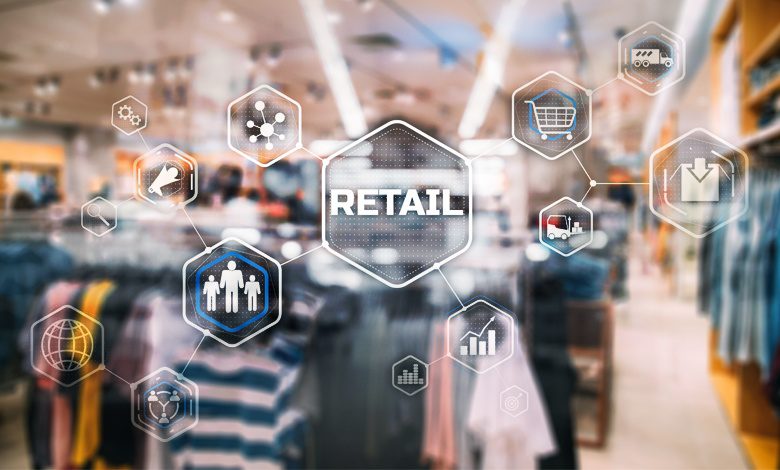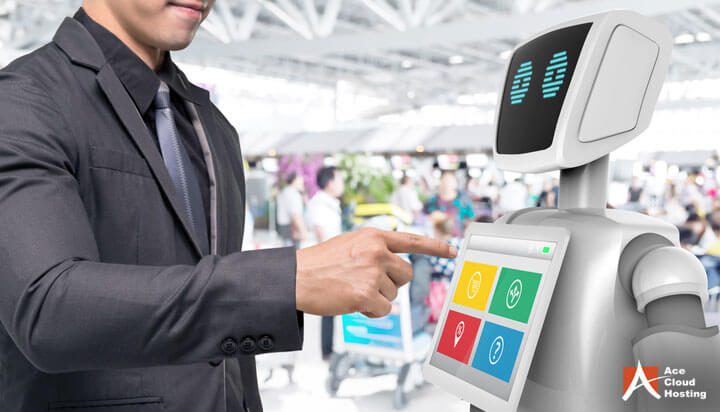
Retail has long relied on video annotation & labeling techniques and conventional analytics for data-driven decision-making. Data processing has been elevated to a whole new level by Artificial Intelligence (AI) and Machine Learning (ML). In order to open up a whole new world of possibilities for business owners, data scientists can extract anomalies and correlations from hundreds of Artificial Intelligence and Machine Learning models.

Though annotating video and integrating data into business operations is easier than ever, retail is an industry that has yet to fully embrace AI integration into retail practice. Retail businesses can significantly benefit from AI when properly integrated into their operations since it allows them to gain consumer insights, which can help them meet changing consumer demands. The physical retail sector will remain for the foreseeable future despite a boom in e-commerce in recent years. There are, however, a few lesser-known but critical issues they face.
What does AI Mean to Retail?
In essence, artificial intelligence involves making machines intelligent or able to solve problems just as humans can. Real-time improvements to AI processes are made possible by machine learning. In today’s world, AI can make robots learn from experience, adapt to new inputs, and complete tasks similar to those performed by humans. A large data set can be processed quickly, iteratively, and with detailed algorithms, so the software can learn automatically from patterns in the data.

Benefits of Implementing AI in Retail
Is AI a game-changer for the retail industry? AI can be integrated into the daily functions of all businesses, no matter how large or small. The potential benefits and uses of these tools fall into four main categories.
AI for Enhancing Retail Industry’s Working Procedure
It may seem as though CCTV cameras are used exclusively for monitoring store security, but they have much more to offer. With the help of video analytics, AI-enabled CCTV cameras can determine what is happening in a store. Moreover, because these cameras are equipped with facial recognition, they can provide stores with crucial information about their customers.
An example will help you understand this. A CCTV camera can capture your face and activities all the way from your entry to your departure when you are browsing clothing in a store. Nonetheless, video analytics can help monitor a few things, including store performance and customer satisfaction.
AI for Acquiring Customers
Physical stores can attract more customers with the help of artificial intelligence. Businesses can advertise or offer relevant promotions to attract new customers more effectively by knowing which products sell the most and who purchases them. Artificial intelligence allows these campaigns to be distributed in real-time to your audience, subscribers, and prospects. The insights you gather can also help you refine current outbound marketing efforts, making them more accurate and effective.
Increasing Conversion and Basket Size
By utilizing a self-learning algorithm at the point of sale, AI and ML can increase an individual’s basket size by making recommendations, suggestions, or offering promotions. Depending on the individual’s knowledge, you might be able to direct them to particular shelves or objects. In-store displays, social media posts, or emails could be triggered using AI messages to boost a customer’s basket size.
Delivering Unsurpassed Shopping Experiences to Customers through AI
Using AI to customize the shopping experience is by far its most substantial application in physical retail. Physical retail has the advantage over its online counterpart if retailers deliver impactful experiences. AI not only does facilitate retail facilities with optimized operations but also sharpens the shopping experience. The advanced video annotation & labeling techniques have led to the development of accurate AI training data to integrate into retail operations resulting in better customer interaction, product accessibility, and enhanced shopping experience.
Winning Customers Loyalty
By generating predictive analytics, AI can help you understand your customer’s expectations and ensure you deliver what they want. Emotion is the key to winning over people. Customer loyalty and brand loyalty are key components of the experience. The loyalty and advocacy you foster are much more likely to occur when those experiences are tailored to customers’ demands. AI and machine learning
Strategizing Retail Operations with AI
Data-driven machine learning can benefit businesses in numerous ways outside the retail floor. Businesses can make better decisions, stay ahead of competitors, and reduce waste by taking a fluid approach to data and allowing AI to manage preferences and interpretations.
It is also possible to benefit from AI in operational efficiency. Artificial intelligence can significantly improve inventory management and merchandising. Data-driven logistics management systems can help you improve efficiency and reduce costs by tracking stock locations.
With AI, productivity can be increased, and outcomes can be improved. Big Data has a lot of benefits, but AI is one of the keys to maximizing the amount of data most companies manage. All parts of the business should use Big Data to boost their operations and strategies with the help of AI. Some examples might include making predictions about demand and keeping up with trends.
Bottomline
Shifting trends must be adapted by retail stores. This requires quick measurements and optimization of methods. Artificial intelligence will improve retail further as the landscape evolves rapidly. For the retail sector, AI is undoubtedly the way forward, given the countless benefits it offers. Specialized video annotation tools can enable you with the different functionalities you need for optimizing your retail operations. Anolytics, Cogito, and other industry experts are around to partner for quality AI training data that can maneuver traditional retail practices.

